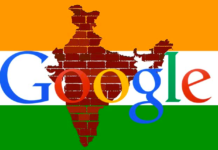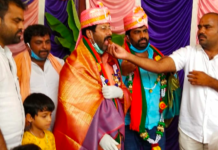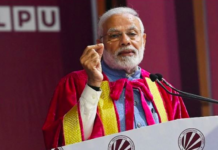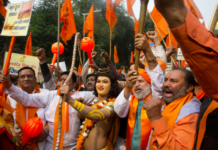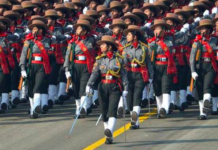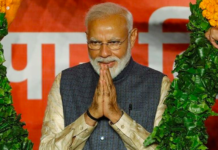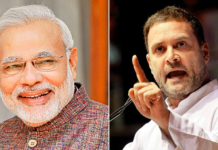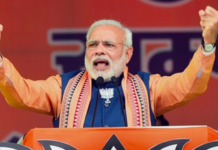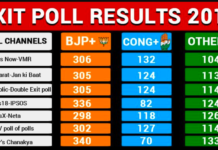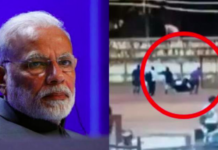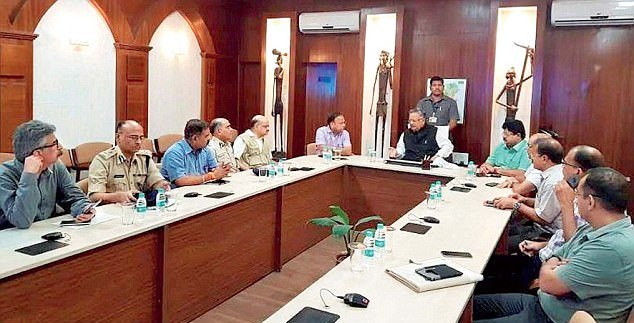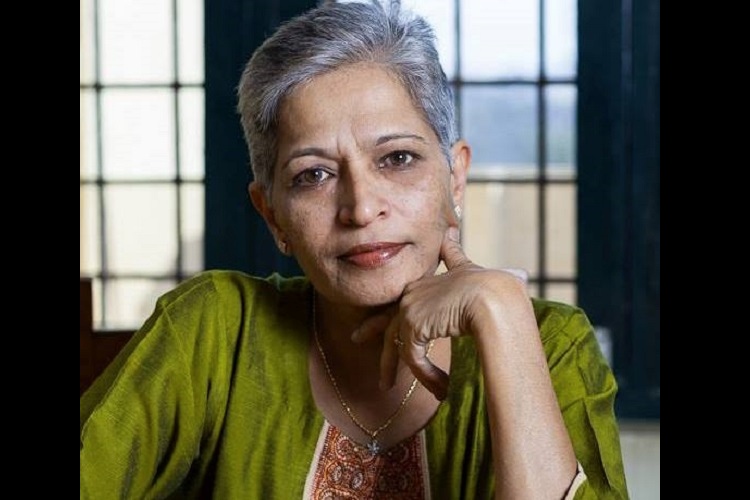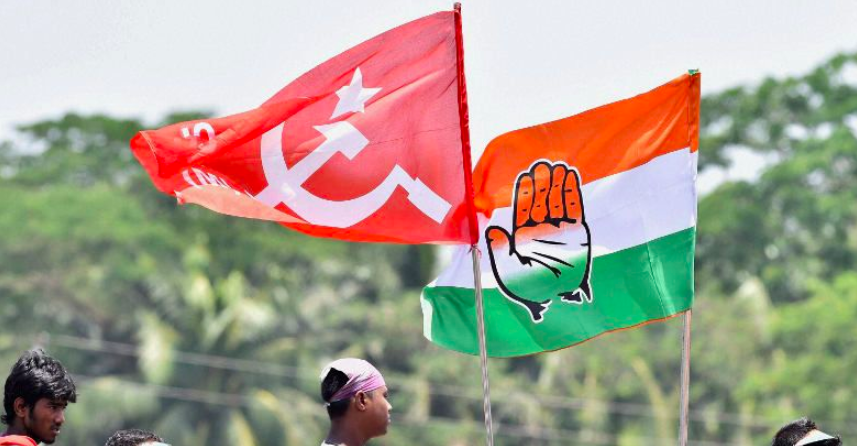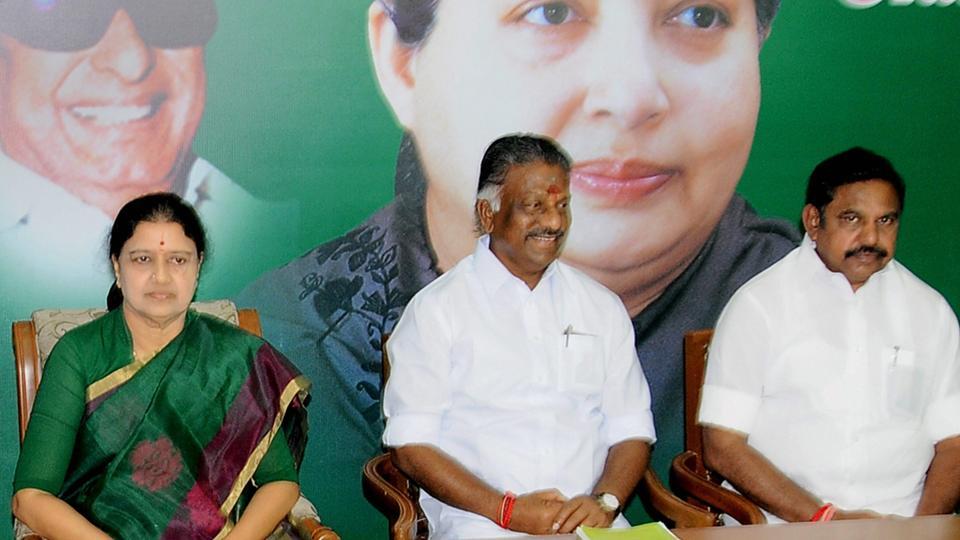Prime Minister Narendra Modi has welcomed constructive criticism. But he should also make public these criticisms and the action taken.
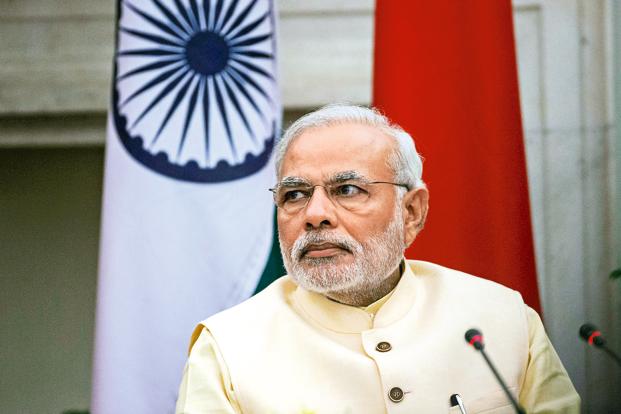 Prime Minister Narendra Modi has welcomed “constructive criticism” of his government’s performance in the past three years. Criticism is part of democracy, constructive or otherwise. Accepting criticism is no favour, but a duty in democracy; it’s part of true democratic process.
Prime Minister Narendra Modi has welcomed “constructive criticism” of his government’s performance in the past three years. Criticism is part of democracy, constructive or otherwise. Accepting criticism is no favour, but a duty in democracy; it’s part of true democratic process.
Accepting criticism is not enough. The government must periodically make public all the criticisms it has received in the past three years – constructive or otherwise – and give an action taken report. There must be a complete third party audit of these criticisms or suggestions. Only then will democracy become participative and truly of the people and by the people.
Don’t Miss To Read: VIP or EPI? The Common Man is Still CHI (Constantly Harassed Indian)
“An audit and assessment of the performance of the present government in the last three years is happening all over on newspapers, social media or TV for the last 15 days. Three years ago, you vested the responsibility of `Pradhan Sewak’, the chief servant of the people, upon me. There have been many surveys and several opinion polls. I see this entire process as a very healthy sign. The works done during these years were tested on every touchstone. It was analysed by every segment of society. And this is a great process in democracy,” Modi PM said in his `Mann Ki Baat‘ address on Sunday.
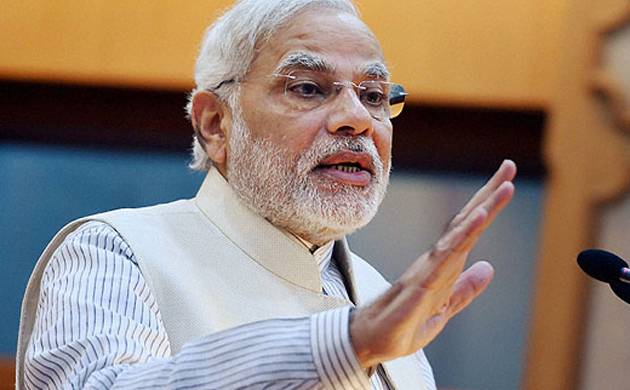 “I firmly believe governments must be accountable in democracy and the public at large must be provided with report card of works done… there were some praises, some support and sometimes shortcomings were also pointed out; I understand the importance of all these things. I thank people who provided critical and important feedback. The mistakes and the shortcomings once highlighted can be rectified. Whether something is good, little less effective or bad, one has to learn from it and move ahead in life, putting the learning from it into practice. Constructive criticism strengthens democracy; for an aware nation, an awakened nation, this churning is very important,” he added.
“I firmly believe governments must be accountable in democracy and the public at large must be provided with report card of works done… there were some praises, some support and sometimes shortcomings were also pointed out; I understand the importance of all these things. I thank people who provided critical and important feedback. The mistakes and the shortcomings once highlighted can be rectified. Whether something is good, little less effective or bad, one has to learn from it and move ahead in life, putting the learning from it into practice. Constructive criticism strengthens democracy; for an aware nation, an awakened nation, this churning is very important,” he added.
Also Read: Narendra Modi’s Political Mentor May Join Him
This also raises an uneasy question. What is constructive criticism? The criticisms that are `comfortable’ to the government? Or criticisms and suggestions that can be easily implemented?
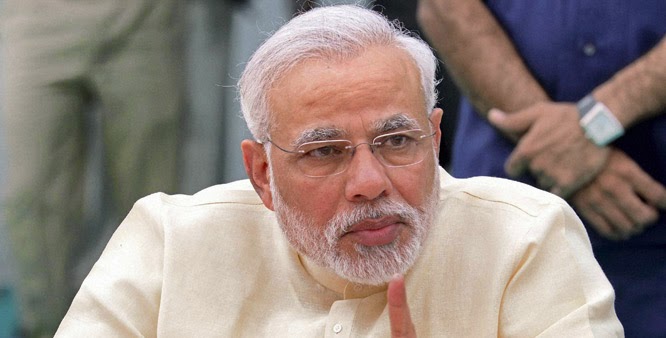 And pray what is destructive criticism? That may be easy to define. Criticism for the sake of criticising the government or the Prime Minister. This is commonly and often used by the Congress, Rahul Gandhi, Sitram Yechury, Mamata Banerjee, Lalu Prasad Yadav and others. All these can be examined and rubbished if there is no value.
And pray what is destructive criticism? That may be easy to define. Criticism for the sake of criticising the government or the Prime Minister. This is commonly and often used by the Congress, Rahul Gandhi, Sitram Yechury, Mamata Banerjee, Lalu Prasad Yadav and others. All these can be examined and rubbished if there is no value.
Also Read: Narendra Modi Wanted to Be a Bureaucrat
But a public audit of suggestions and criticism from the public and political parties would only further strengthen democracy in India.
Read More Latest News:
- PhD Scholar Serves Parathas By Roadside At Night
- Kumble Episode: As Usual, It’s BCCI, The Board of Chaos and Confusion in India
- Burhan Wani Successor Sabzar Bhat Killed in Kashmir Encounter
- Indian Scientists Develop Drones With Human Brain As Command Centre
- KPS Gill: Lion of Punjab and Indian Hockey
- Melania’s Hands Do All the Talking During Trump Visit
- Buffalo War Grips Kerala as State Upset Over Modi’s New Cattle Law
- Lionel in a huge Messi situation, Gets 21-month sentence for tax fraud Dad Jorge
- Fake News is Venomous
- Facebook’s Manual to Live Streaming Suicides, Crimes: We Don’t Care
- Womb Transplant: Pune Creates Medical History
- Narendra Modi’s Political Mentor May Join Him































